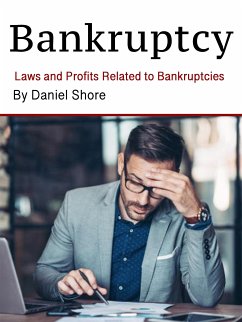Bankruptcy is a complex legal process governed by specific laws that vary from country to country. It typically involves a debtor petitioning a court to declare them unable to meet their financial obligations. This declaration triggers an automatic stay, halting most collection activities by creditors.
The purpose of bankruptcy is twofold: to provide debtors with a fresh start by discharging some or all of their debts, and to ensure fair treatment of creditors by distributing available assets equitably. Bankruptcy proceedings can involve liquidating assets to repay creditors.
Bankruptcy can have long-lasting financial and personal consequences, impacting credit scores, future borrowing ability, and even employment prospects. However, it can also offer relief from overwhelming debt burdens and a path toward financial stability for those facing insurmountable financial challenges. It's crucial for individuals and businesses considering bankruptcy to seek legal advice to understand their options and navigate the process effectively.
The purpose of bankruptcy is twofold: to provide debtors with a fresh start by discharging some or all of their debts, and to ensure fair treatment of creditors by distributing available assets equitably. Bankruptcy proceedings can involve liquidating assets to repay creditors.
Bankruptcy can have long-lasting financial and personal consequences, impacting credit scores, future borrowing ability, and even employment prospects. However, it can also offer relief from overwhelming debt burdens and a path toward financial stability for those facing insurmountable financial challenges. It's crucial for individuals and businesses considering bankruptcy to seek legal advice to understand their options and navigate the process effectively.









